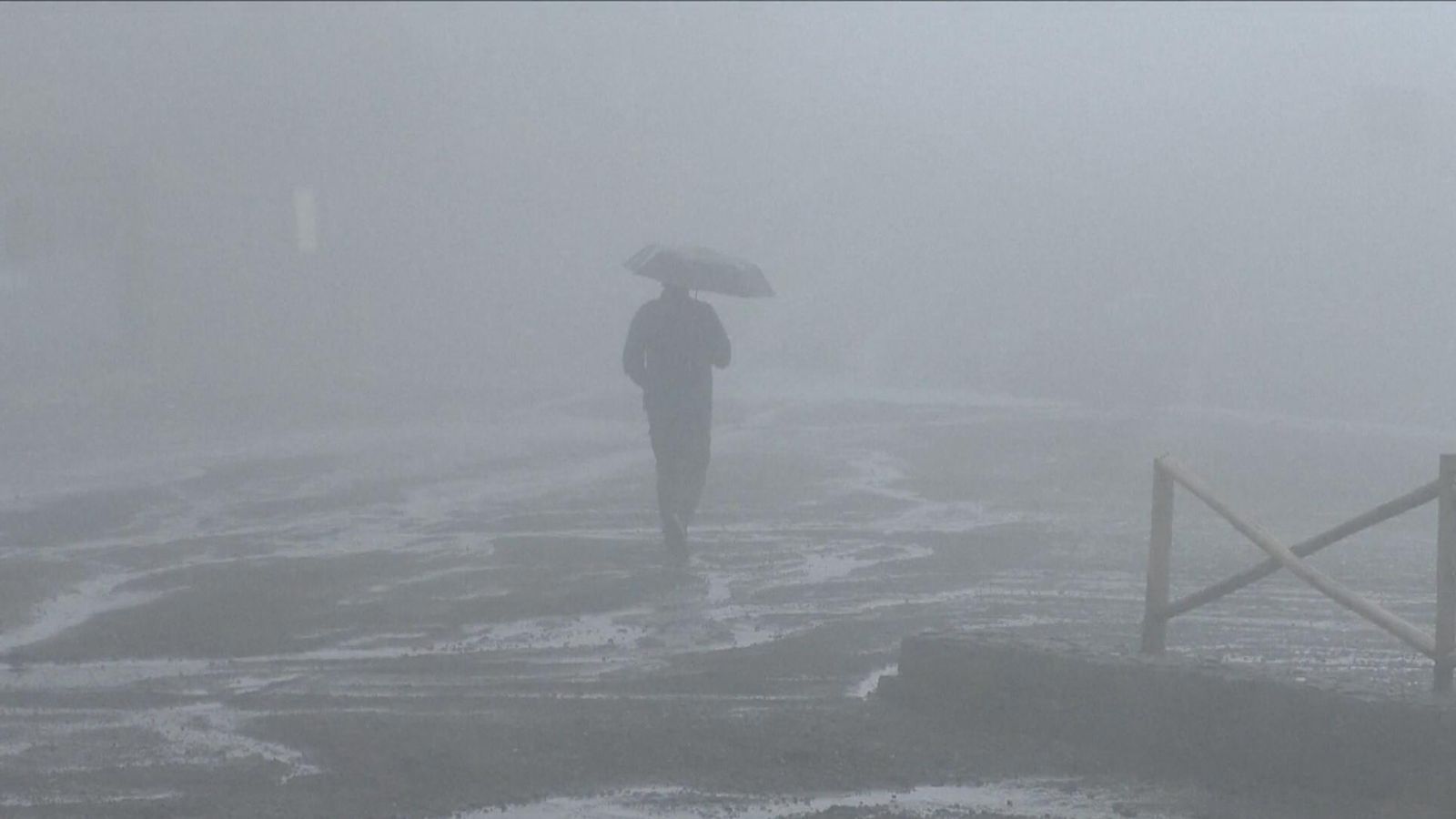YouTube is investigating a new email scam which has seen users receive messages from a seemingly authentic account.
The Google-owned company has warned people to be cautious after reports of a phishing campaign claiming to be sharing details of a “new monetisation policy” and “new rules”.
Monetisation is what allows creators to make money from their YouTube videos, mainly through adverts.
The emails, sent by a [email protected] address, tell recipients to click on a link for more information.
They are warned that if they do not review the changes within seven days, their account will be restricted.
YouTube has said its teams are investigating.
“We’re seeing reports of a phishing attempt showing [email protected] as the sender,” it tweeted.
“Be cautious & don’t download/access any file if you get this email.”
How to spot a dodgy email
Phishing emails and texts are a favourite tactic of fraudsters and are becoming increasingly convincing.
They draw you in by looking remarkably legitimate, using things like recognisable branding, and then seek to steal personal information like passwords and payment details.
They are notably common at times when you might expect a raft of certain messages – such as shopping deals from retailers around Black Friday, or during government awareness campaigns.
An important thing to look out for a lot of the time is the domain name of the sender’s email address – they are often quite close but with something slightly off.
You should also keep an eye out for misspellings and odd formatting.
If you’re at all unsure, it’s good practice to go to the website directly, rather than click on any links in the email.
Be the first to get Breaking News
Install the Sky News app for free
What to do if you suspect you’ve been scammed
There may come a moment where you think you have been duped.
But there are steps you can take to limit the damage, or prevent any from occurring.
Read more:
Want some mobile phone nostalgia?
Super Mario stars on 2023’s biggest video game film
Speaking ahead of Black Friday last year, Mike McLellan of Secureworks told Sky News: “Keep an eye on bank accounts and if you see anything unusual, get in touch with them.
“Banks have got very robust fraud controls these days – and that’s why it’s best to use credit cards if possible.
“If you think any of your online accounts have been compromised, change the password, and try not to reuse them across different retailers.
“We do recognise that some of these have a technical bar to them, but if nothing else, at least keep an eye on what’s happening and be vigilant about your online activity.”







